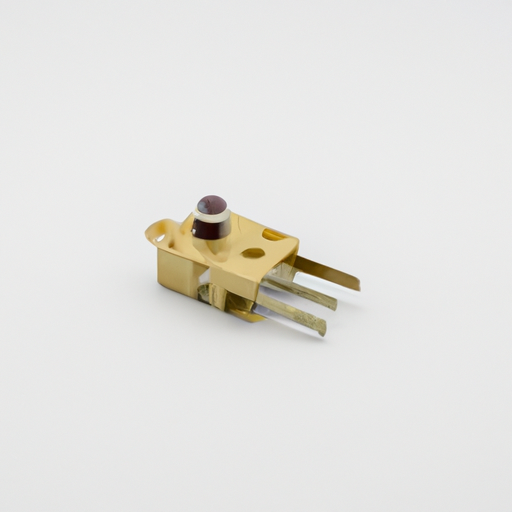Potentiometers, also known as pots, are widely used in electronic circuits to control the flow of electric current. They are variable resistors that allow users to adjust the resistance in a circuit, thereby controlling the voltage or current. There are many different types of potentiometers available on the market, each with its own unique features and applications. In this article, we will discuss some of the most popular models of potentiometers and their uses.

2. Rotary Potentiometers: Rotary potentiometers, also known as rotary pots, are similar to linear potentiometers but have a circular design. They are often used in applications where a knob or dial needs to be turned to adjust the resistance, such as in radio tuners, amplifiers, and test equipment. Rotary potentiometers come in a variety of sizes and resistance values, making them versatile for a wide range of applications.
3. Multi-Turn Potentiometers: Multi-turn potentiometers have a higher resolution than standard potentiometers, allowing for more precise adjustments. They have multiple turns of the knob to change the resistance, making them ideal for applications where fine-tuning is required, such as in precision instruments and calibration equipment. Multi-turn potentiometers are available in both linear and rotary designs.
4. Slide Potentiometers: Slide potentiometers, also known as slider pots, have a linear sliding motion instead of a rotary motion. They are often used in audio mixing consoles, equalizers, and faders, where a linear control is more convenient than a rotary control. Slide potentiometers are available in single, dual, or triple track configurations, allowing for stereo or multi-channel control.
5. Trimmer Potentiometers: Trimmer potentiometers, also known as trim pots, are small, adjustable potentiometers that are used for fine-tuning circuits during assembly or calibration. They are often mounted directly on a circuit board and are adjusted with a small screwdriver. Trimmer potentiometers are commonly used in electronic devices such as radios, televisions, and computers.
6. Digital Potentiometers: Digital potentiometers, also known as digi-pots, are electronic devices that use digital signals to control the resistance. They are often used in applications where remote or automated control is required, such as in audio equipment, motor controllers, and industrial automation systems. Digital potentiometers offer the advantage of precise digital control and can be easily programmed and adjusted.
7. Motorized Potentiometers: Motorized potentiometers are potentiometers that are controlled by a motor, allowing for remote or automated adjustment. They are often used in applications where manual adjustment is not practical, such as in audio mixing consoles, robotic systems, and industrial machinery. Motorized potentiometers can be controlled by a variety of methods, including analog signals, digital signals, or computer interfaces.
In conclusion, potentiometers are versatile components that are used in a wide range of electronic circuits and devices. There are many different types of potentiometers available, each with its own unique features and applications. Whether you need a simple volume control for your stereo system or a precision trimmer for your calibration equipment, there is a potentiometer that is right for your needs. By understanding the different types of potentiometers and their uses, you can choose the right model for your specific application and ensure optimal performance and control.